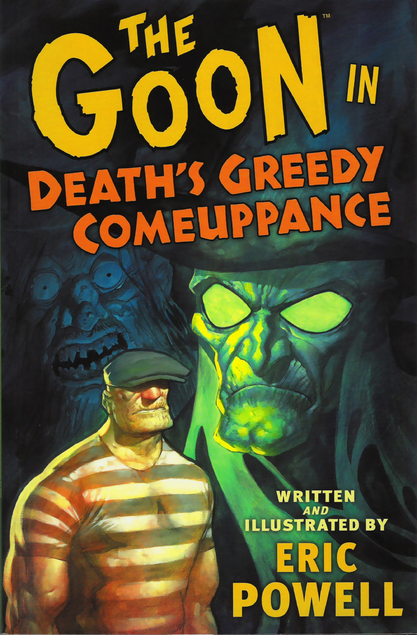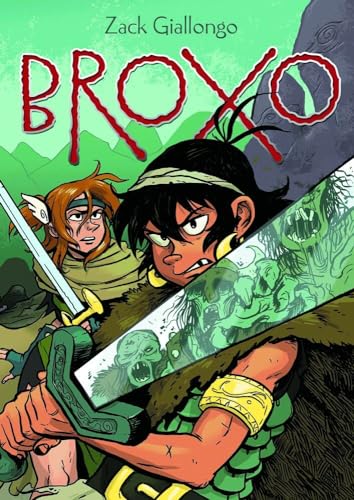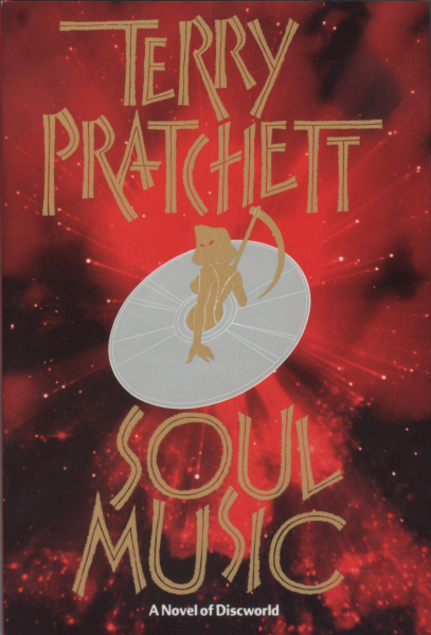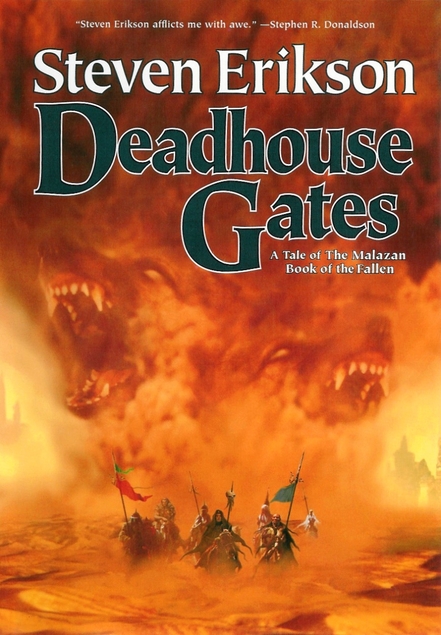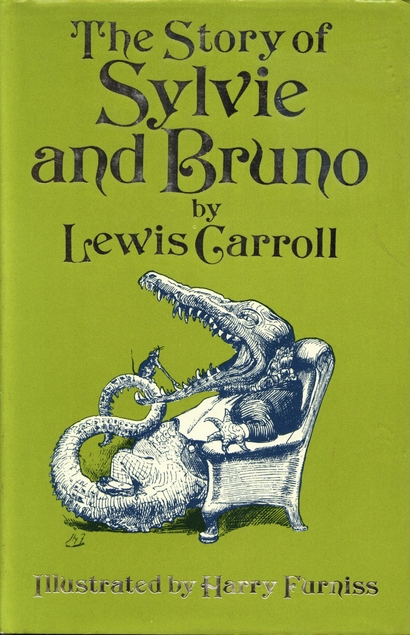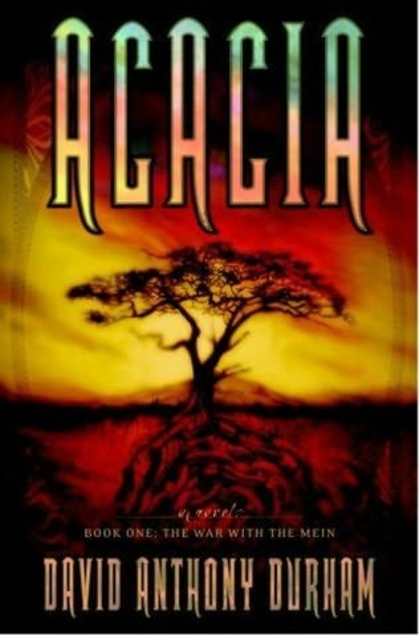
Thor has a serious hero problem. He’s a pretty dull guy. (Unless he’s getting mad at the Hulk or Iron Man. All of those early Avengers had serious anger management issues.) He’s mellowed a lot since those early days with the Avengers. Unfortunately, he’s kind of a square, even with his long, golden locks, and his giant mystical hammer. Fortunately, he’s got Loki. Even in the original Norse mythologies, Loki’s trickster role was crucial for livening up those old sagas. (The Trickster Motto: ‘Making oral history fun for millennia!’) Every hero should be so fortunate as to have such an interesting arch-nemesis/sometime ally. Unlike Batman’s Joker, who’s steeped (especially recently) in a somewhat off-putting chaotic destructive nihilism, Loki and Thor have all this family history and sibling rivalry to fall back on.
Anyway, this brings us to Kieron Gillen’s comic, which is not unlike any other superhero comic you’ve ever read, because it isn’t actually a superhero comic. It’s more like a Norse saga in comic book form. I don’t understand the back story at all, but somehow adult Loki died, and then came back as Kid Loki, and everyone’s willing to give him a chance, because he’s a kid, and Thor vouches for him. Even so, no one especially trusts him much.
Loki goes on this secret epic quest, and lots of fun stuff happens. I’d really recommend this one.
If you’re not into the superhero stuff, Kieron Gillen wrote a pretty excellent non-superhero comic about magic and music called PHONOGRAM.
